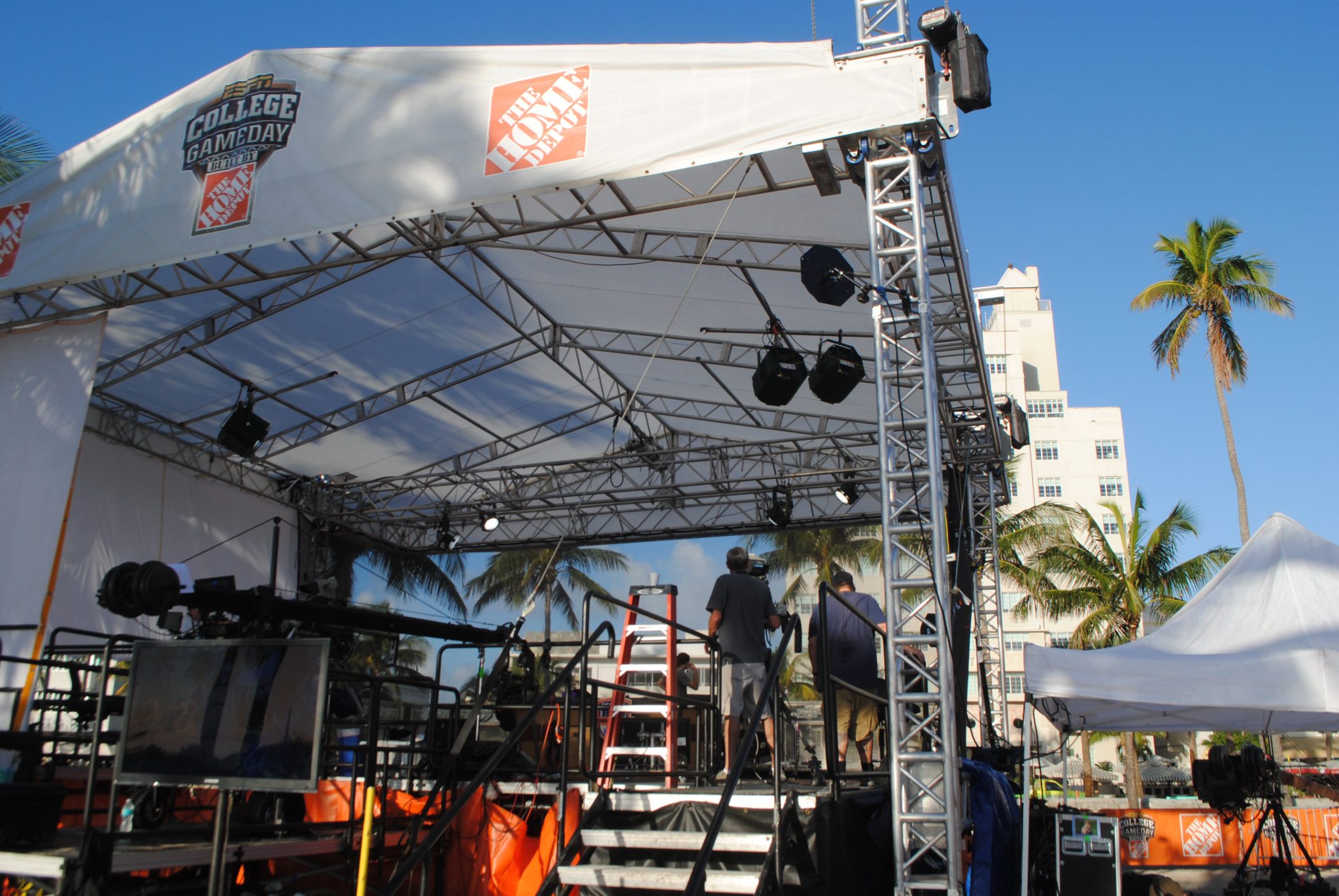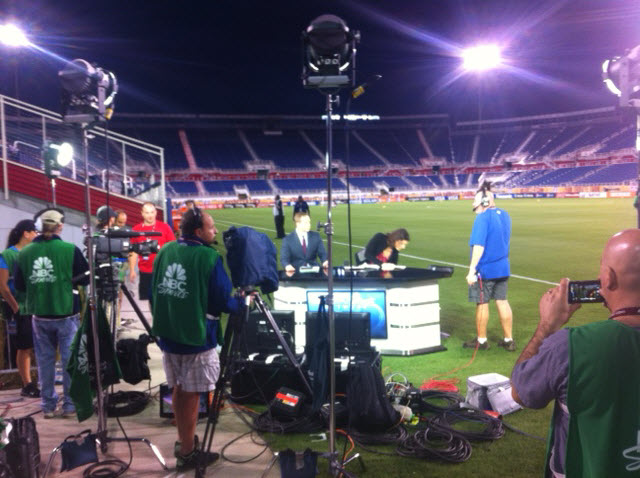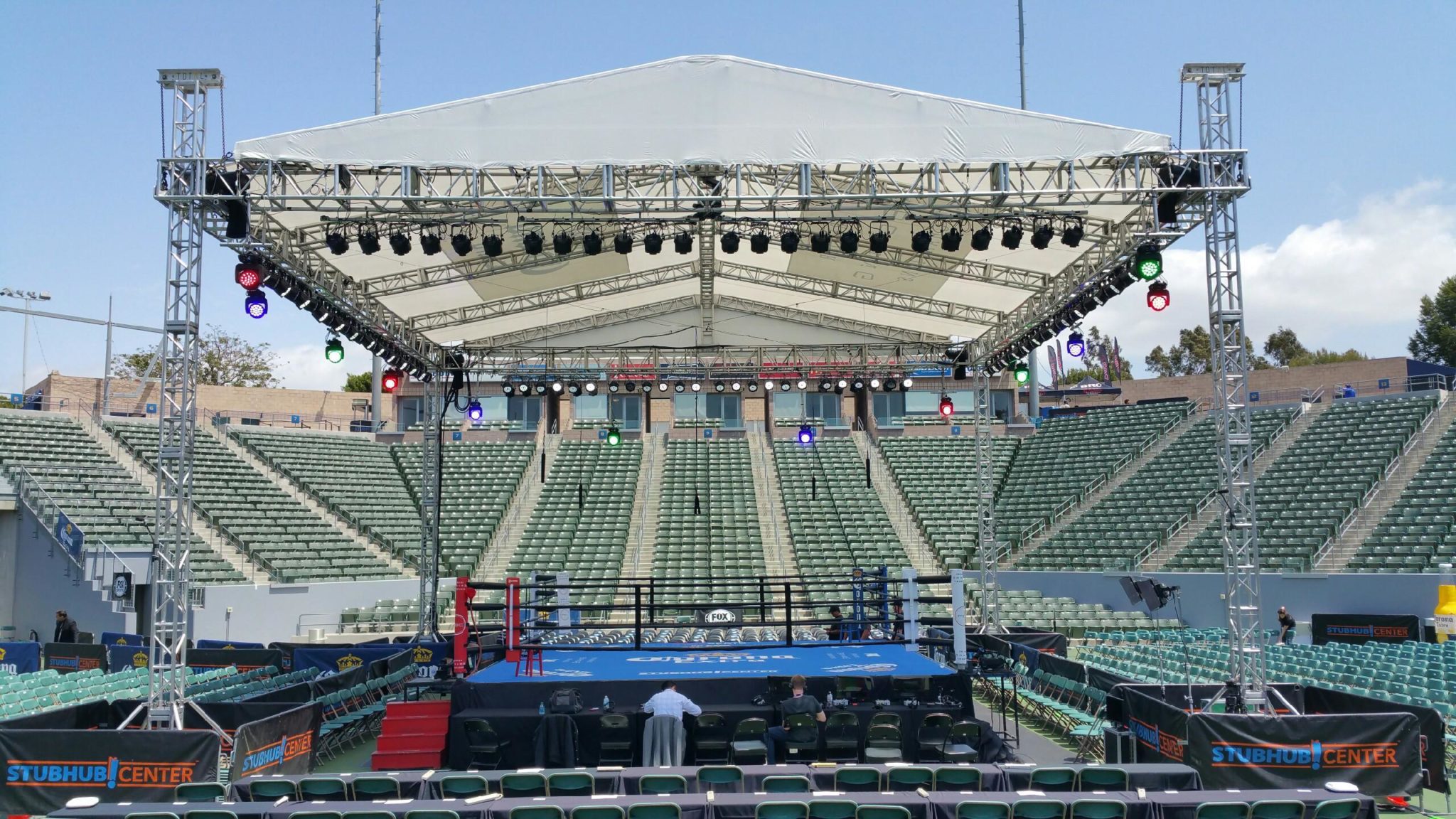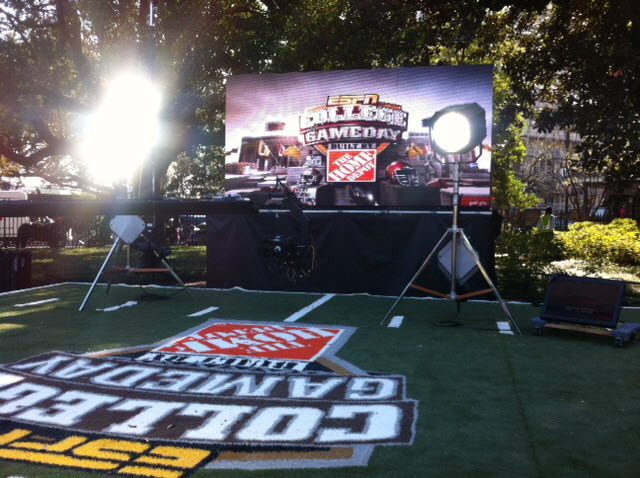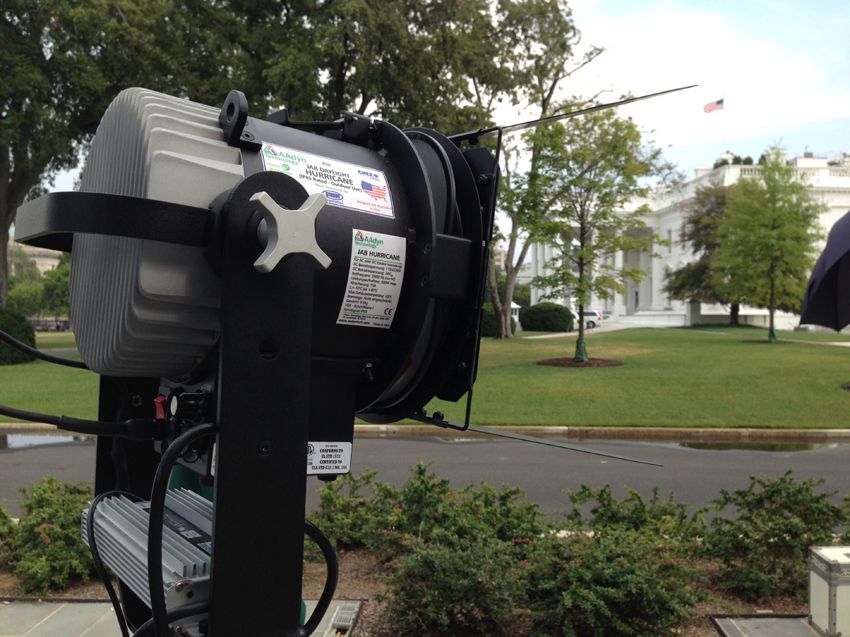The interplay of illumination in any production is a significant contributor to the mood, how it will appear on screens or in person, and the comfort of the people working under those lights. Lighting directors have a wide range of work options and they can choose to specialize in particular fields.
Establishing the correct lighting for any production includes working with a diverse range of industry professionals ranging from costume designers and sound designers to choreographers and set designers. They utilize their wealth of knowledge to ensure optimal visibility while maintaining safety and minimizing costs.
Illumination is a key element for any project and the venues are almost endless. Lighting directors can find themselves in studios, at the Olympics, under water, or in the jungle providing lighting for a documentary.
Lighting directors maximize the potential and power of light. Advances in technology, the digital age, and an increasing tendency for people to make every event an extravaganza has opened new possibilities and exciting opportunities for lighting directors that include the following.
- Theater
- TV
- Concerts
- Sports
- Movies
- Corporate events
- Product launches
- Fashion shows
- Political rallies
- Weddings
- Cruise ships
- Museum art exhibitions
In recent years, exterior lighting for an increasing number of structures and architectural features have become popular. The Empire State Building is a prime example and those types of projects require the expertise of a lighting director. As with any project, it requires efficient and cost-effective solutions, along with the coordination of colors and even images.
Those that aspire to the level of lighting director should be prepared for rising early, working late, and ending the day exhausted. There’s no “typical” day for a lighting director. The work can be physically and mentally taxing, but seeing the fruits of their labors and how it affects others can be one of the most rewarding experiences ever.


